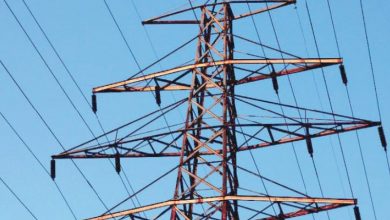Imran Khan, Official Secrets Act and US Cipher Case

Pakistan’s jailed former prime minister Imran Khan and former foreign minister Shah Mahmood Qureshi have been handed 10 years imprisonment in a high profile case for making public contents of a confidential document, commonly referred as cipher, sent by Islamabad’s envoy to the US for political gains.
The former cricket star remains in jail as the charge of revealing state secrets carries sentence ranging from life in prison to the death penalty.
The cipher case relates to PTI leader’s fiery speech and waiving of letter at one of his rallies after ousted in a no-confidence vote in 2022. In his speeches, the populist leader said cipher was proof that he was ousted from power as part of US backed conspiracy. Both military establishment, and Washington denied the PTI leader’s claim. Khan was booked in August last year and indicted.
In August 2023, an FIR was lodged against PTI founder, registered by the Federal Investigation Agency (FIA), invoked Section 5 of the Official Secrets Act 1923 on the complaint of the Home Secretary. The case was registered against PTI by the anti-terrorism wing of the apex investigation agency.
Imran Khan waved a letter at a public gathering in Islamabad on March 27, 2022, claiming that it was the evidence of an “international conspiracy” backed by the United States to topple his government. Following his claims, the FIA launched an investigation against Khan, who has been named in more than 150 civil and criminal cases, for allegedly making public a confidential diplomatic cable and keeping it in his possession. Later, it emerged that the PTI chief had lost the copy of the cipher, written by then Pakistan’s ambassador to the US.
Azam Khan, known as a close aide of the PTI chairman, recorded his statement against PTI chairman accusing him of peddling a sham narrative about the US regime’s cypher controversy. Investigators claimed that Khan allegedly used cipher to manipulate the public’s attention towards foreign involvement in no-confidence motion by the opposition.




